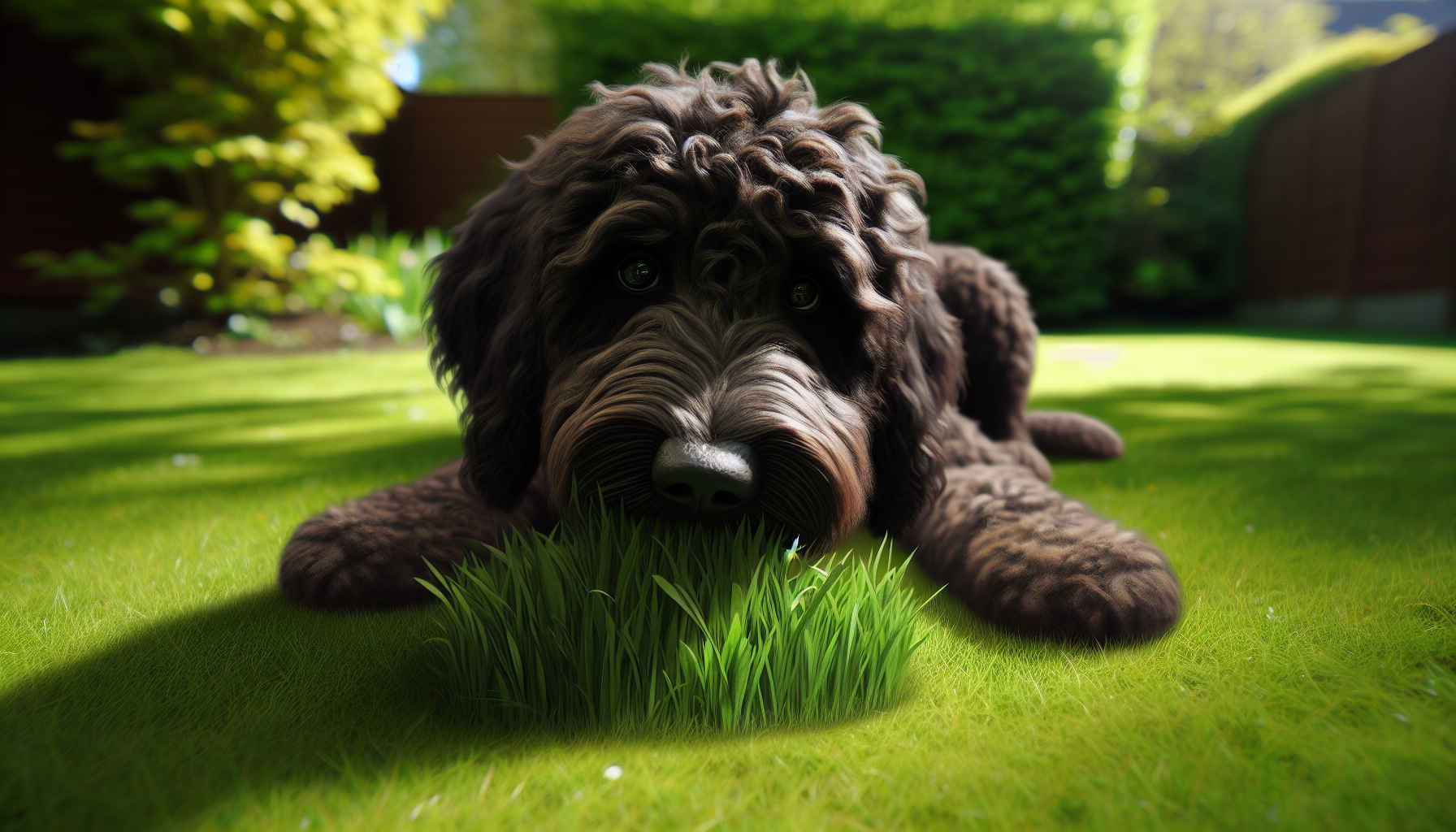Why Do Dogs Eat Grass? Understanding This Common Behavior
As dog owners, we often observe our furry friends engaging in behavior that can leave us puzzled. One such behavior is their tendency to munch on grass. While it may seem odd, many dogs eat grass at various times.
But why do they do this? Is it a sign of an underlying issue, or is it simply a quirk of canine behavior? In this article, we will explore the reasons behind why dogs eat grass and what it means for their overall behavior.
Natural Instincts
Dogs are descended from wolves, who are known to eat a variety of foods, including plant material. Eating grass can be traced back to their wild ancestors, who likely consumed the stomach contents of herbivorous prey, which included grass and other vegetation. This instinct may still linger in our domesticated dogs.
For many dogs, grass-eating may stem from evolutionary instincts. The wild ancestors of dogs consumed the entire animal, including the stomach contents, which could introduce some plant-based nutrients into their diet. Although our domestic dogs are no longer wild, they might still have an innate drive to consume plant material.
Exploration and Curiosity
Another reason dogs may eat grass is simple curiosity. Dogs are naturally inquisitive creatures, and they explore the world through their mouths. They may chew on grass simply to investigate its texture, taste, or smell. This behavior is particularly common in puppies, who are often more prone to exploring their environment through chewing.
Dietary Needs
Some experts believe that dogs may eat grass when they are lacking certain nutrients in their diet. While we must note that this isn’t a definitive reason for all dogs, it is possible that they are seeking out fiber or other nutrients that they may not be getting from their usual food. However, it’s essential to ensure that your dog's diet is balanced and meets their nutritional needs.
Stomach Relief
It is a common misconception that dogs eat grass to induce vomiting when they are feeling unwell. While some dogs may indeed vomit after eating grass, research suggests that this is not the primary motivation behind this behavior. Many dogs eat grass without vomiting afterward, indicating that it is likely not a means of self-medication.

In fact, studies have shown that around 79% of dogs that eat grass do so regardless of whether they are feeling ill. This suggests that the behavior is more instinctual or habitual rather than a response to gastrointestinal discomfort.
Behavioral Aspects
Grass chewing can also stem from behavioral issues, such as boredom or anxiety. Dogs that are not getting enough physical exercise or mental stimulation may resort to eating grass as a way to occupy themselves. Ensuring that your dog has plenty of playtime, walks, and interactive toys can help reduce this boredom-induced behavior.
When to Be Concerned
While eating grass is typically normal behavior for dogs, there are a few signs that could indicate a problem. If your dog is frequently eating large amounts of grass and subsequently vomiting, or if they seem lethargic or unwell, it may be worth consulting a veterinarian. Always observe your dog’s overall health and behavior.
Conclusion
In conclusion, dogs eat grass for a variety of reasons, including natural instincts, curiosity, possible dietary needs, and boredom. It is a common behavior that many dog parents witness, and understanding the underlying motives can help us better appreciate our furry companions. By ensuring that our dogs are well-fed, exercised, and mentally stimulated, we can help keep their grass munching to a minimum.
Ultimately, if your dog enjoys a little grass here and there, it’s generally nothing to worry about. Just keep an eye on their overall health and happiness!